COPD: 6 Exciting Essential Oil Remedies
COPD: 6 Exciting Essential Oil Remedies
COPD Overview
The best way to maintain respiratory health when you have a chronic obstructive pulmonary disease (COPD) is to take advantage of all the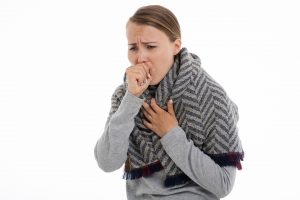
Essential oils provide accessible, cost-effective, and natural relief.
People with COPD may be prescribed a plan of medications and procedures for maintaining their health. Besides being more effective than medications, natural treatments have fewer side effects and assist the body in healing itself.
The use of essential oils is among the most popular natural treatments, along with quitting smoking and changing your diet.
The role of lifestyle habits in treating cancer is just as important as nutrition for healing. You can improve your overall quality of life with some simple changes to your routine and reduce some symptoms simultaneously.
What you need to keep in mind are the following topics:
A clean environment is a healthy environment
We are affected by our environment in many ways. Air quality should be considered and regulated. Oxygen levels can be significantly increased by avoiding dust and fumes and from smoking and pollution. The immune system can also be strengthened by keeping away from crowds during flu and cold season.
There are so many microbes and bacteria in the human body, and the balance of these organisms determines the quality of our health. Areas accessible for bacteria to grow must be kept clean.
Regular dental visits are essential so that infections won’t spread to other body parts.
Engaging in physical activity
The daily exercise schedule should include moderate resistance training (bands, weights) and aerobics three to four times a week. Always, consult with your healthcare professional before engaging in strenuous exercise activities. When done correctly and safely, exercise can help alleviate and improve the shortness of breath experienced by COPD patients.
The breathing muscles are strengthened when you exercise, and your blood and oxygen circulate better, boosting self-esteem and lowering depression and anxiety. If you have 15 -20 minutes to spare, you should walk, bike, and swim. Compared with gym-based training or standard medical care without exercise, some patients reported less fatigue and developed more physical endurance when exercising in a hydrotherapy pool.
Consult your doctor if supplemental oxygen is recommended before starting an exercise program.
Don’t hesitate to reach out to friends and caregivers for support. Connecting with friends, family, and caregivers is vital to your mental health. Being active with your family is a beautiful way to spend time together.
Breathing exercises
Exercises that improve lung function, control blood pressure and enhance gut motility contribute to the health of the lungs.
For patients with COPD who are having trouble breathing, there are three breathing exercises they can perform:
- Lip-pursing:
Take a deep breath through your nose, then exhale through tightly pursed lips.
- The diaphragm breathes:
Diaphragmatic breathing requires contraction of the diaphragm. As you breathe in, you can see your belly expand. As you breathe out, it deflates.
- Pranayama:
Controlled breathing is a common yoga technique. During it, the body parts associated with breathing are concentrated on.
Furthermore, these exercises will increase aerobic exercise tolerance, which will help COPD sufferers who may otherwise have difficulty exercising.
<<These Essential Oils Help with Respiratory Support>>
Essential oils that can be used to treat COPD
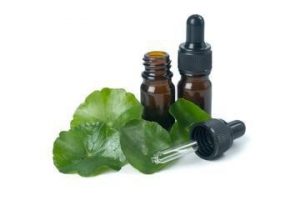
COPD can be controlled with the help of essential oils. If not directly, essential oils can help alleviate symptoms associated with COPD. Here are five options you could consider if this makes sense to you.
Eucalyptus
Various cultures have incorporated eucalyptus in the treatment of multiple illnesses for centuries. According to Medical News Today (MNT), Greek, Chinese, Indian Ayurvedic, and other Western approaches have treated various diseases.
Additionally, eucalyptus provides relief from pain as well as being a decongestant and expectorant. The beneficial effects of eucalyptus on the immune system can also aid COPD patients.[2]
When applying Eucalyptus oil directly to the skin, thin with a carrier oil first to avoid potential skin irritation. About five drops of eucalyptus or seven drops of carrier oil for every ounce of eucalyptus is ideal.
Lavender
As an antioxidant, lavender oil can also benefit COPD patients as it combats the disease’s progression and growth.
Researchers at the National Center for Complementary and Integrative Health found exposure to the scent of lavender flowers lowered the level of stress hormones in people. Stress can worsen COPD, but lavender can combat this.
Moreover, some oil manufacturers claim that lavender is not irritating to the skin and can be applied directly without dilution. However, my recommendation is that essentials should NEVER be used topically without being diluted with a carrier oil. The fact that something isn’t always true doesn’t mean it will be in all cases, which is why it is recommended to get in touch with your oil manufacturer ahead of time to make sure and consult your healthcare professional before applying the oil to your skin.
Myrrh
The antiseptic and anti-inflammatory properties of myrrh have been used for centuries by all sorts of people; it was once considered to be an effective treatment for everything from toothaches to leprosy.
From a tree called Commiphora, this sap is taken. A solid piece of gum could also be chewed in that form. Gum’s health has improved as a result of this. The same is true for myrrh, except for those with sensitive skin.
Frankincense
The benefits of Frankincense are similar to those of myrrh, but the scent is different. Unlike myrrh which smells more like a dark, woody scent, Frankincense is sweet, spiced with citrus notes. Both are helpful for your health and wellbeing, but choosing one depends on your taste in smell.
Except in cases specifically mentioned by the brand, the oil should not be applied directly to the skin.
Bergamot
A study has confirmed that bergamot could reduce bad mental state and fatigue due to its ability to reduce vulnerability to COPD and boost your mood.
Bergamot oil is both uplifting and calming and thus can help with anxiety and depression. Although, Bergamot is often used to help fight bacteria, helps with healing scars, and reduces severe headaches and muscle tension, and stimulates hormonal and digestive juices.
Sweet orange oil
Orange oil is well known for its anti-inflammatory and antioxidant properties. In comparison to a proprietary oil blend that contains eucalyptus oil, orange oil was more effective at treating COPD.
Sweet Orange Oil may increase circulation, improve blood pressure, and ease cold and flu symptoms among other things. Orange essential oil is often used for its anti-cancer, antidepressant, digestive, and sedative properties. Overall sweet orange our can help uplift your emotions and remove stress.
Final Thoughts
COPD symptoms can be relieved through essential oils, which have natural healing properties. The convenience of these products and the gentleness with which they interact with your body is what makes them popular. Seek medical advice if you or someone you care about can benefit from using essential oils.
To Your Health!!!
References
- Agusti A (2007) Systemic Effects of Chronic Obstructive Pulmonary Disease: What We Know and What We Don’t Know (but Should). Proceedings of the American Thoracic Society 4: 522–525.
- Ben Hassine D, Abderrabba M, Yvon Y, Lebrihi A, Mathieu F, Couderc F, Bouajila J (2012). Chemical composition and in vitro evaluation of the antioxidant and antimicrobial activities of Eucalyptus gillii essential oil and extracts. Molecules 17:9540-9558.


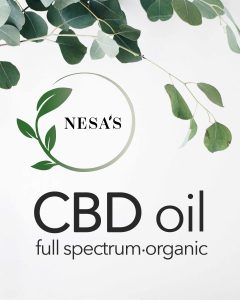
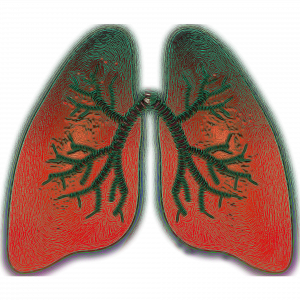
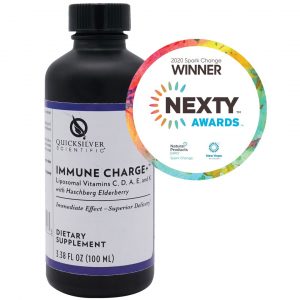
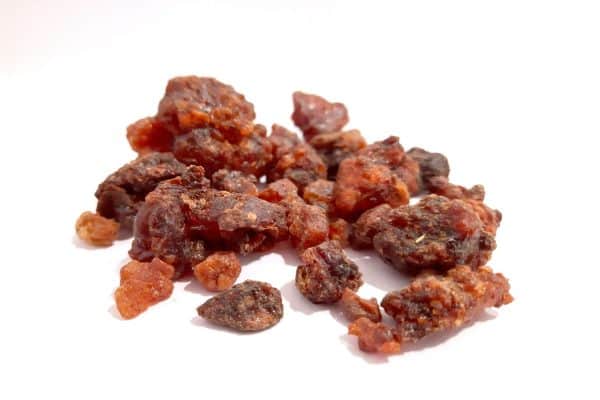
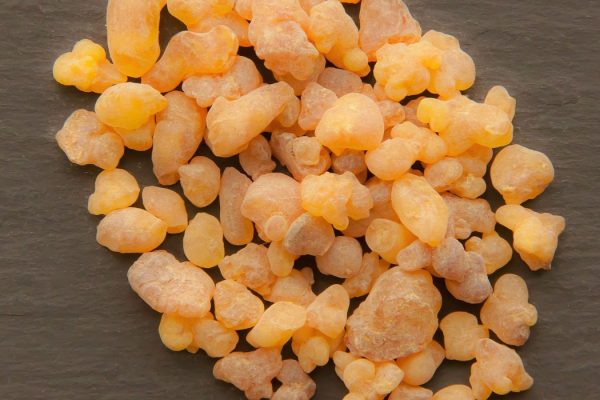
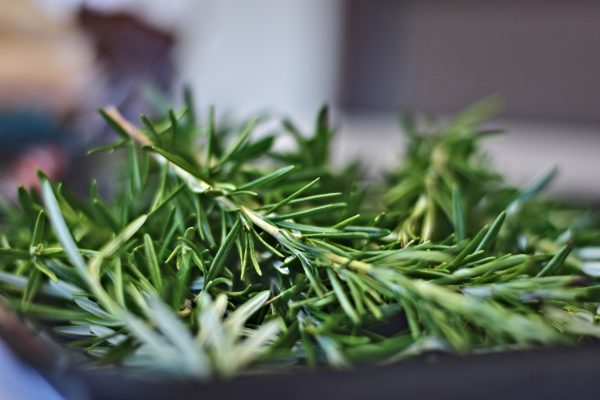


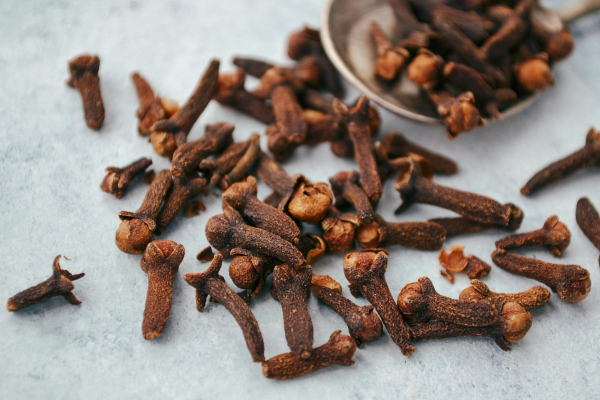

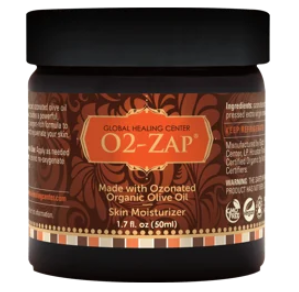
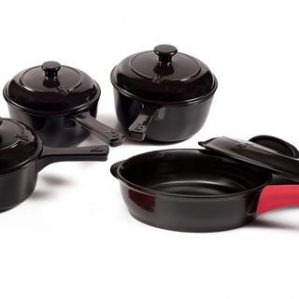
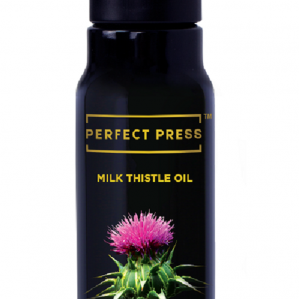
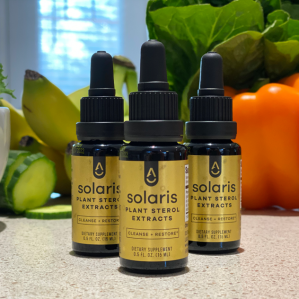
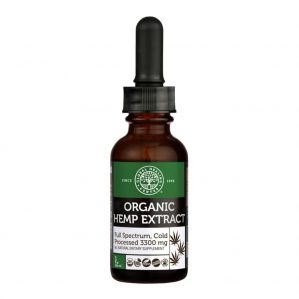











1 Comment
[…] smoke-induced oxidative stress plays a major role in the pathogenesis and progression of COPD. It leads to an imbalance between the production of ROS and the body’s antioxidant defense […]